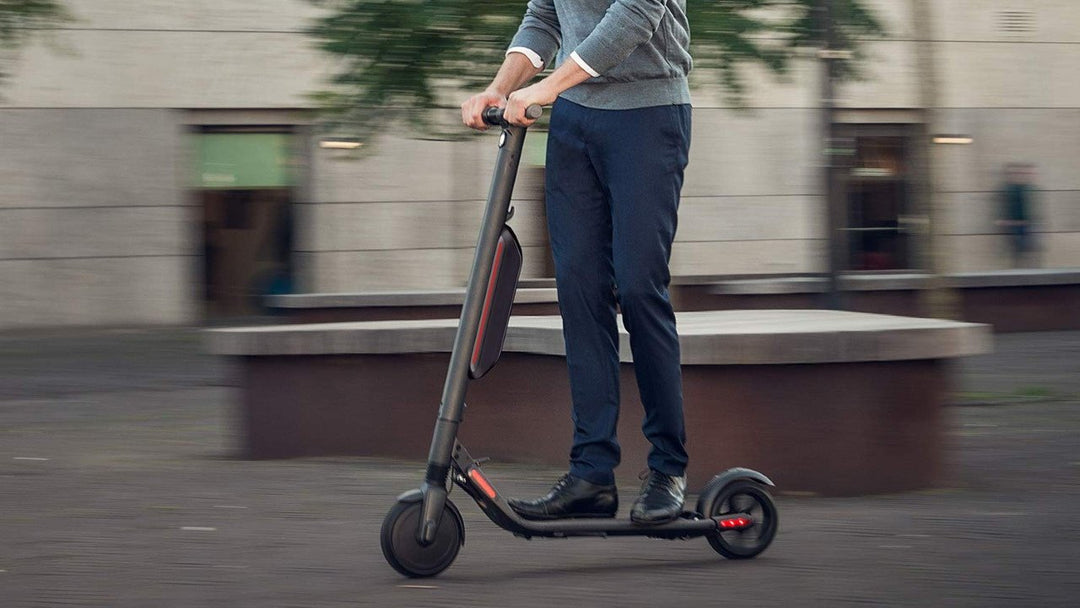Escooter Legislation in the UK; The Trial and Why It Still Isn’t Legal

Escooters in the UK have been controversial. Calls for further legalization have been present with the explosion of e-bikes in Europe. Electric scooter legislation in the UK is currently in a state of flux. As of 2023, using privately owned electric scooters on public roads, pavements, or cycle lanes in the UK is illegal. The UK only has a couple of rideshare trials available in select cities. Escooter trials are taking place across the UK to gather data, with rental e-scooters being available through government trials in around 23 towns and cities around England. Let’s explore how the UK is changing laws regarding escooters and how the legislation might change.
As of now, there are around 30 government-approved trials across England that allow users to rent e-scooters. These trial escooters are the only way to ride escooters on public roads in the UK. The trials are taking place in various areas, including Bournemouth and Poole, Buckinghamshire, Cambridge, Cheshire West and Chester, Derby, and others. The trial escooters have specific safety features and are operated by approved operators to ensure high operating standards and safety requirements are met. These safety features include brakes, lights, reflectors, and markings that comply with the UK’s laws on bicycle safety. This speed limiter maxes speed out at 25 km/h and free training sessions are provided for first-time users to teach them how to operate an e-scooter safely.
The trials began in July 2020 and were scheduled to end in November 2021. The trials have been extended multiple times, with the latest extension going until May 2024. So far, the data collected has shown that escooters can be a reliable form of transportation in the UK. Use of escooters have increased for commuting, shopping and other purposeful journeys, private vehicle use has gone down, and total ridership has grown exponentially since the beginning of the trial. Low-income neighborhoods have demonstrated that escooter use is a meaningful way to get around. There have been drawbacks, as the rate of accidents has gone up, compared to other motorless transportation methods, such as pedal cycling. The results of the trials point in the right direction, as the escooter trial period has been extended and the UK government is looking to push forward legislation on escooters.
The UK government has yet to embrace escooters as a new form of micro-mobility. The UK government has promised further legislation on the legalization, however, it is quite disappointing that the UK is still yet to embrace escooters. Trials run by the government do, however, point in the right direction. Hopefully, soon escooters will be on the streets of the UK.





Leave a comment